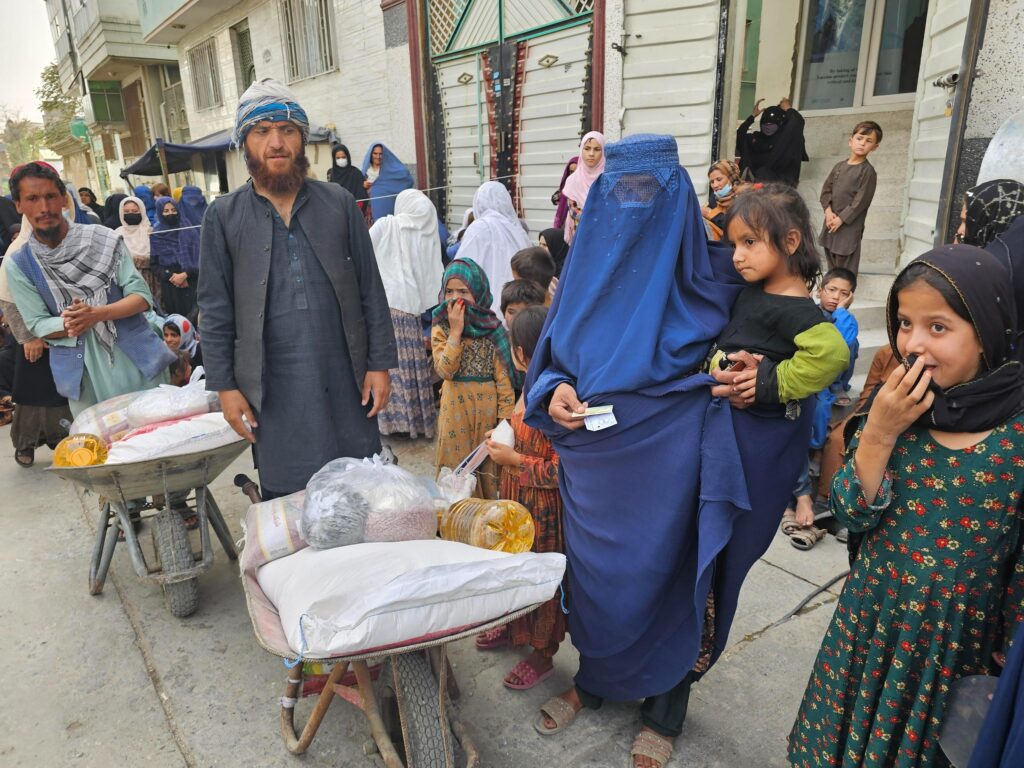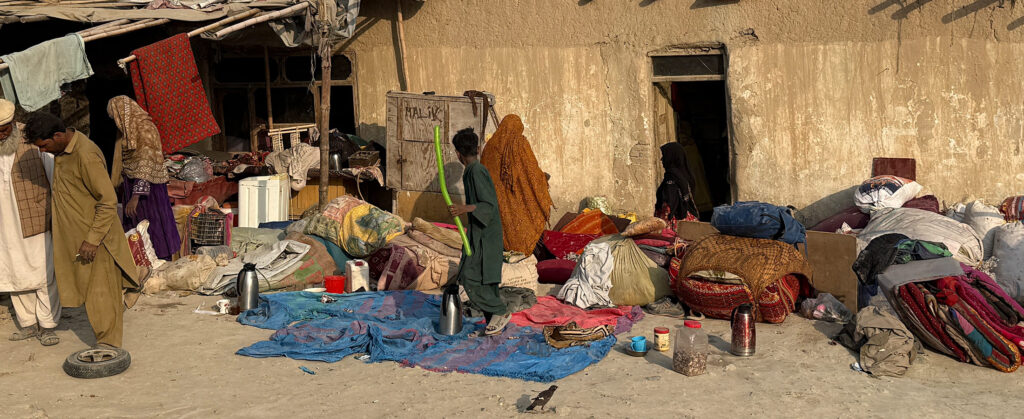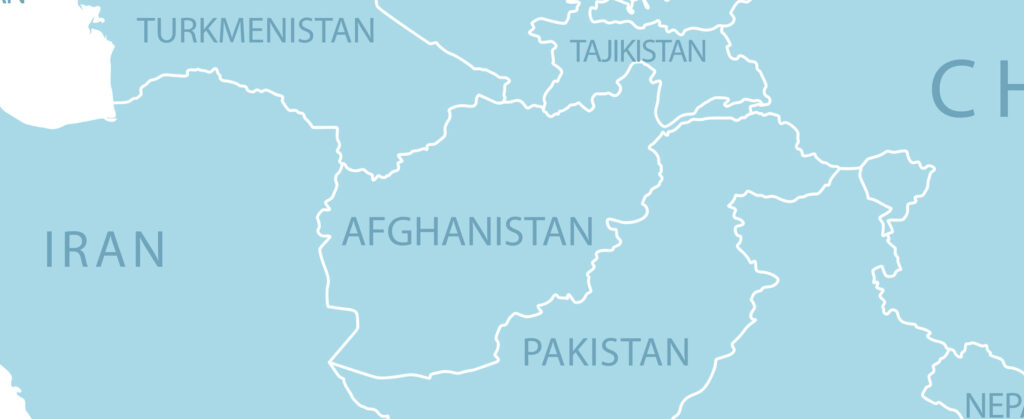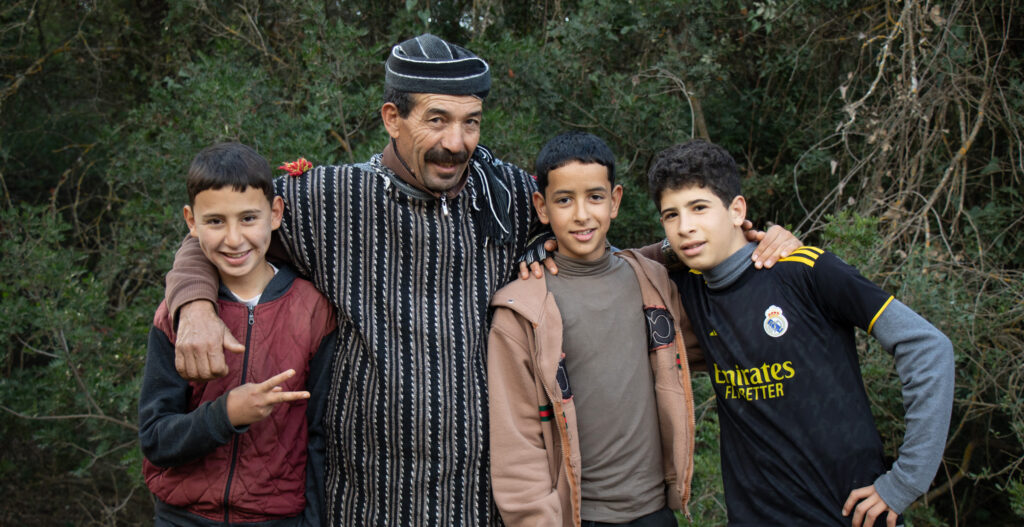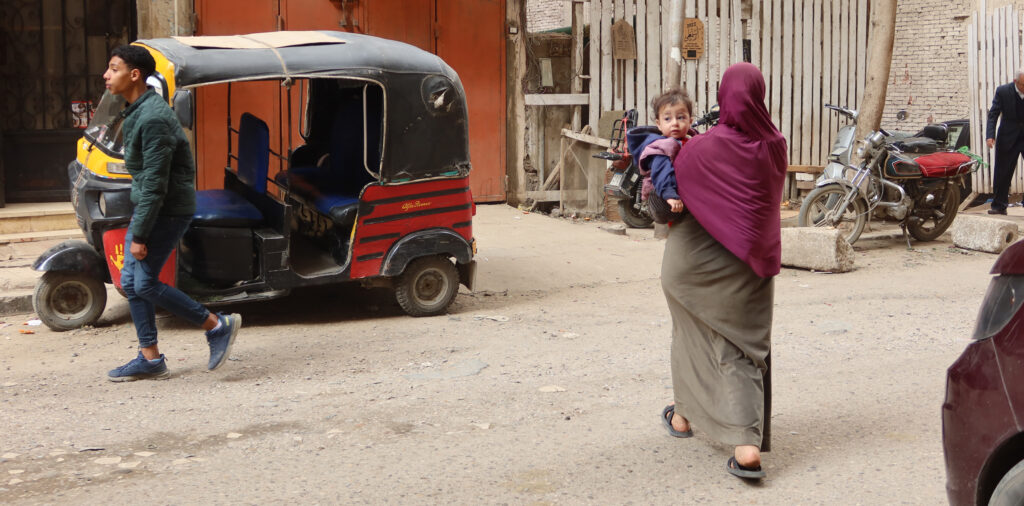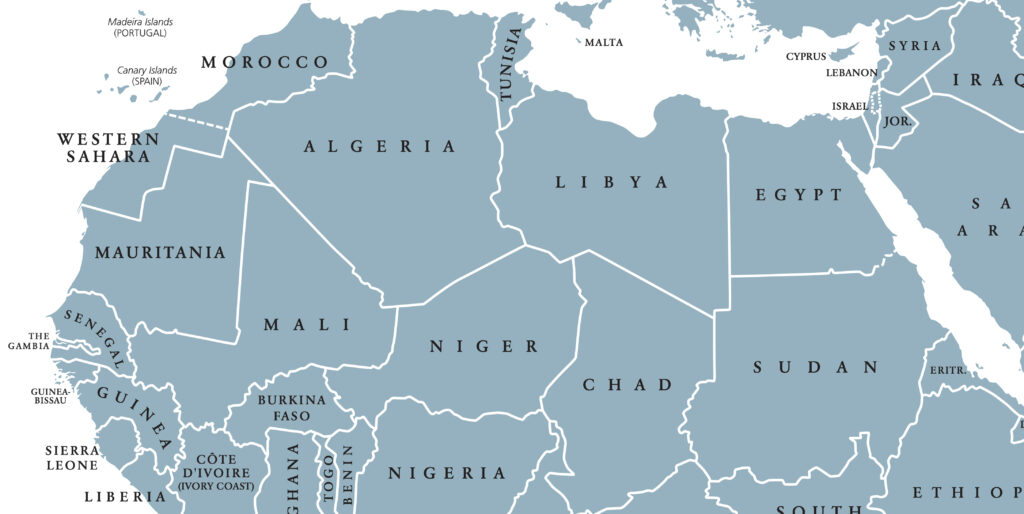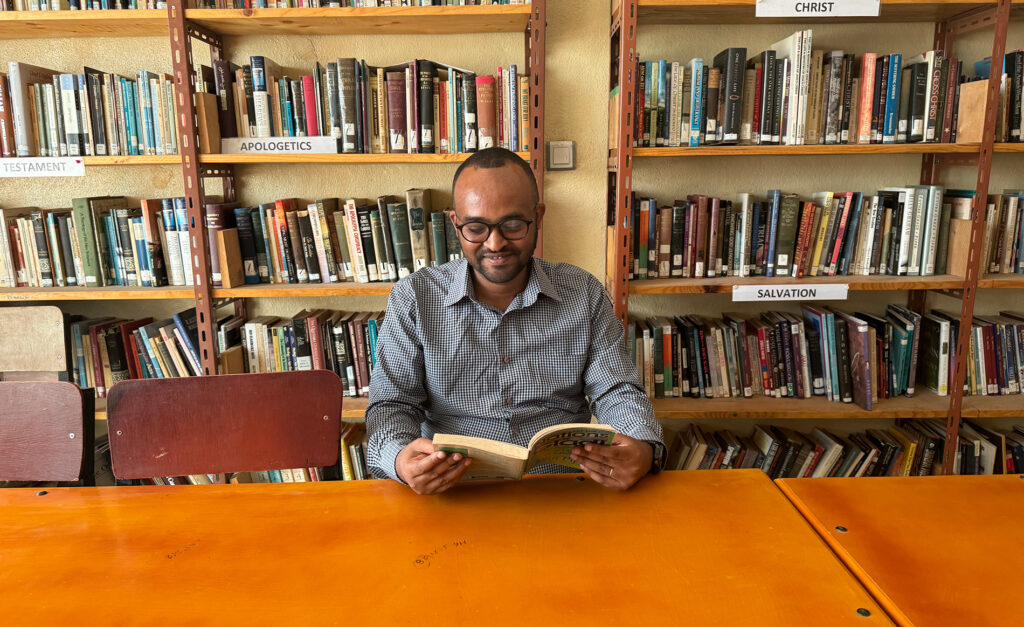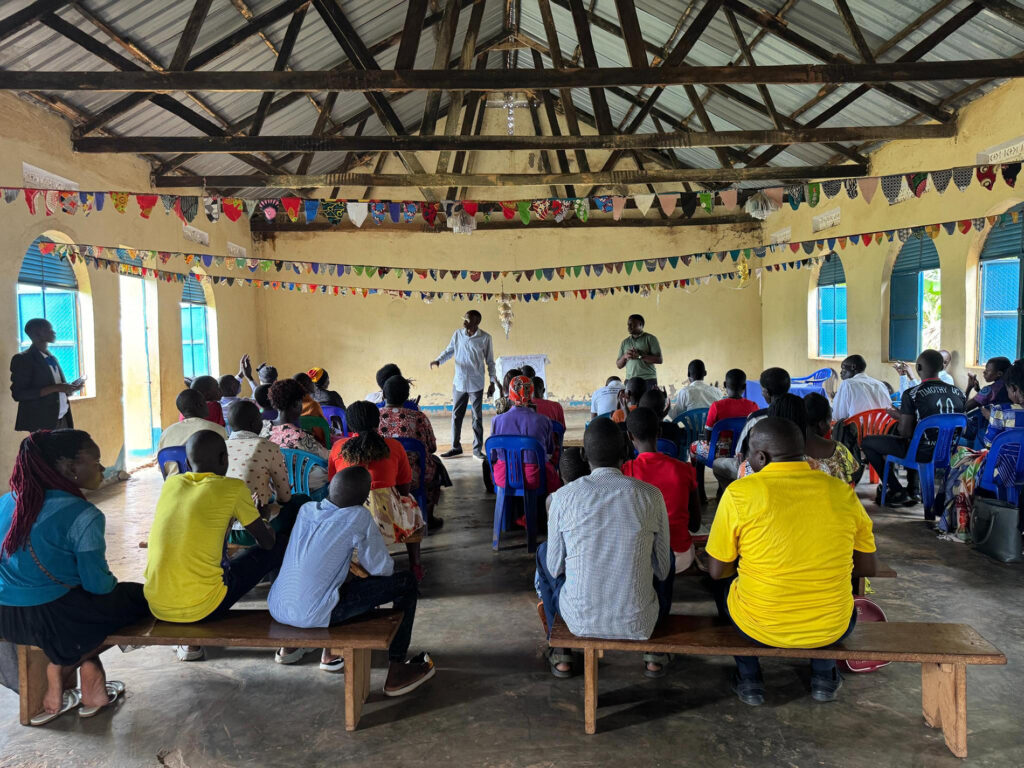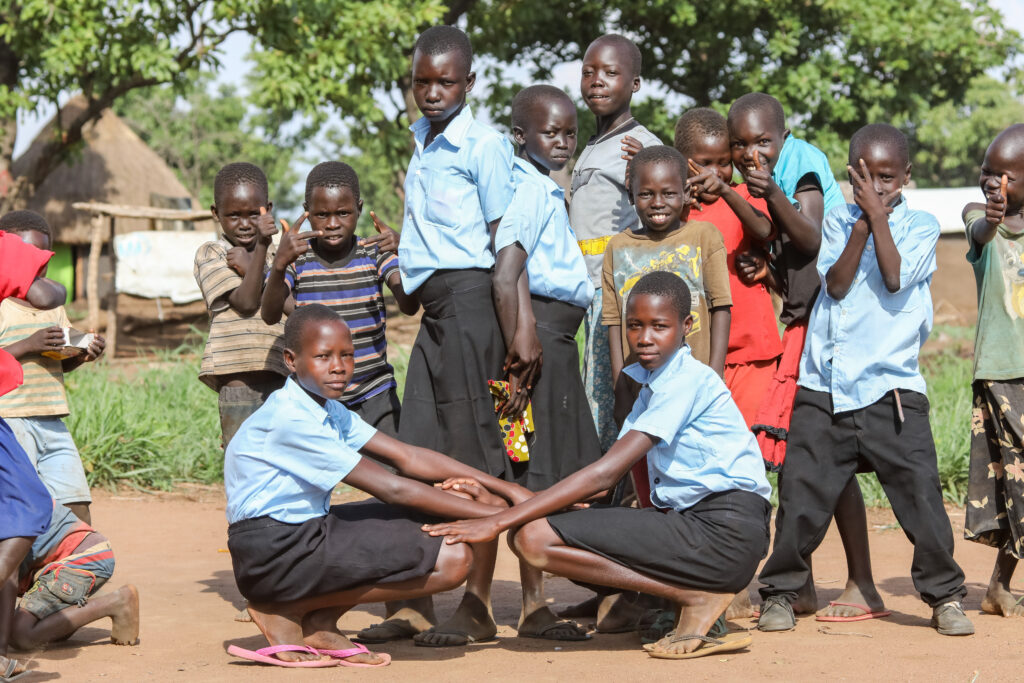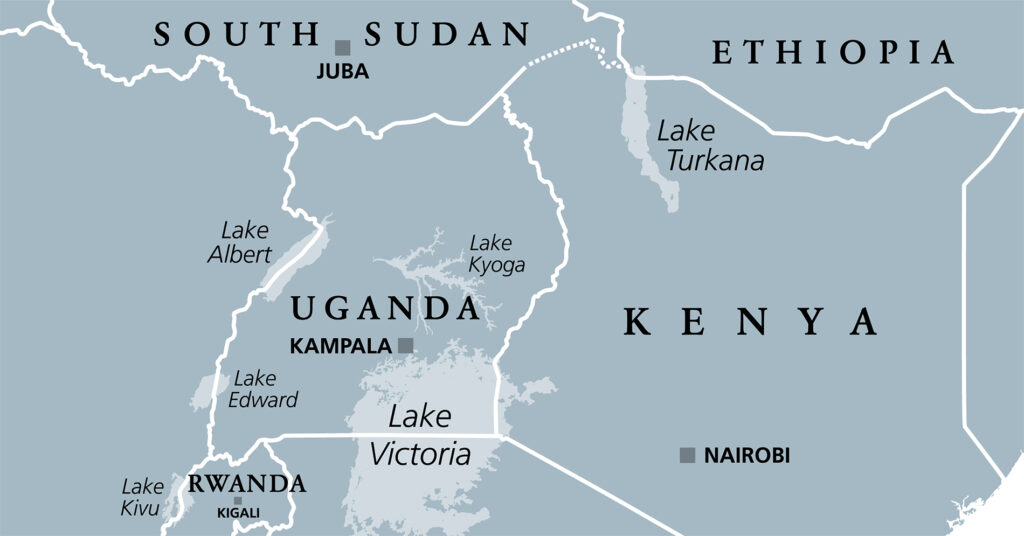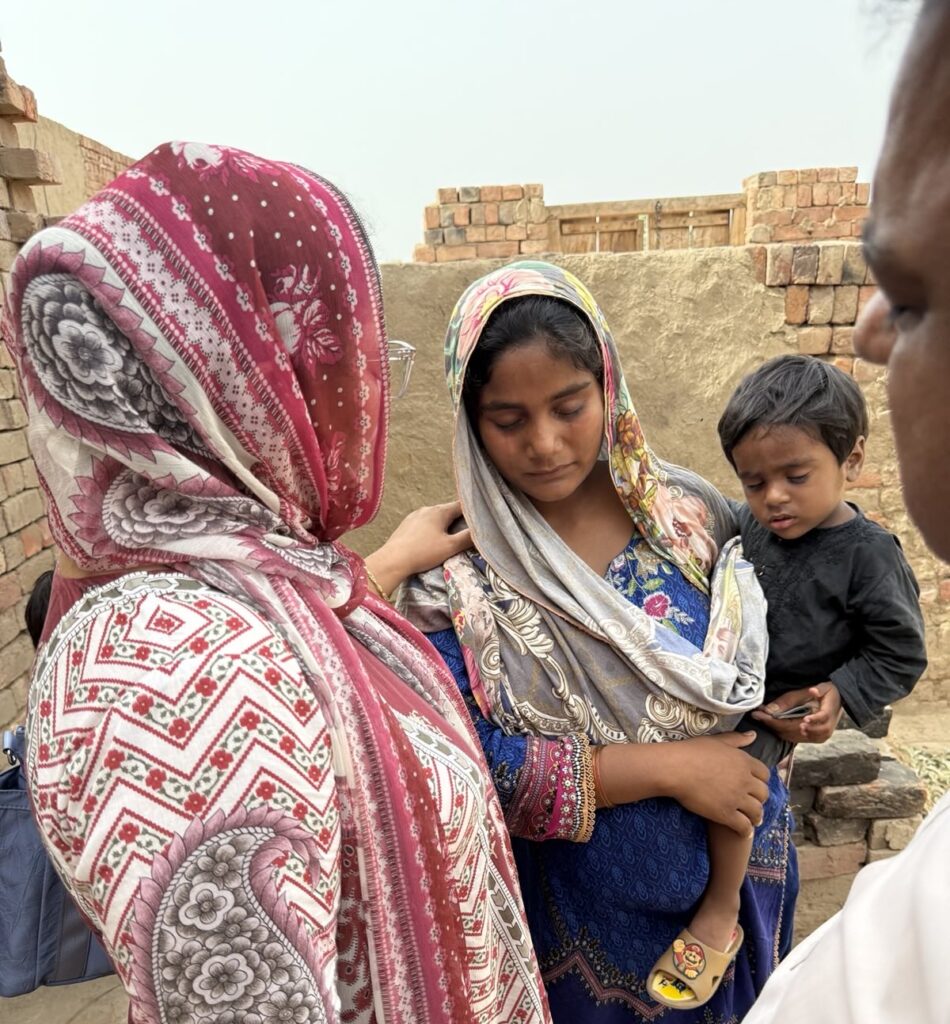Sister N. was anxious. There was nothing left for her or her three children to eat in their house in southeastern Afghanistan. Meanwhile, her husband was in hiding in another province. One of her husband’s coworkers suspected he was a Christian and told him he was going to report him to the Taliban. If reported, he could be beaten, arrested, or worse.
Thankfully, Sister N. was connected to a network of secret Christians in the country, who informed an ICR partner. Believers brought emergency food aid just when the family needed it. Oil, rice, lentils, macaroni, and other basics filled the pantry in their simple home.
“Thanks to God that Jesus Christ came to our aid in this difficult situation and saved us from hunger,” Sister N. said. She opened her palms toward the sky and prayed for those who had sent help.
Targeting Christians
More than two years after the Taliban takeover, Afghanistan is in shambles. Professionals, businessmen, and others have left the country. Foreign aid organizations pulled out. Jobs dried up and many families are going hungry.
One recipient of ICR food aid told us, “I used to work in a brick factory, but under the current
government, construction works have stopped because no one buys bricks. Finally, the owner of the brick factory got into a lot of debt and closed the factory, and we all became unemployed. I tried hard to find a job but, everywhere I went, I didn’t find a job.”
This man has six children. “Sometimes we have our own bread, but most of the time we cannot find anything to eat.” He was grateful for the package of flour, rice, oil, tea, sugar, and other staples that will last his family for about a month.
The environment is tough for all Afghans, but Christians have additional pressure. Immediately after the Taliban takeover, many Christians fled the country in fear. In the chaos, no one outside the country knew how Christians inside the country were faring – or if there were even any left.
In the beginning of 2022, ICR workers “were pleasantly surprised to discover that one particular network [of Christians] that we had previously worked with had quite a number of believers who were still in country and also had no intention to leave,” the ICR field worker said.
The specific dangers facing Afghan believers differ from city to city and province to province, depending on which Taliban leader is in charge. But, in general, the situation for Christians is worse than it was before the Taliban takeover. “They know they are not safe,” the ICR worker said.
Just a few months ago, a Christian was stopped at a typical Taliban checkpoint in a city. When militants checked his phone, they found a Bible app. He was beaten so badly that he died.
In contrast, another believer was stopped elsewhere, and when the guards saw an unfamiliar app on his phone (a Bible app), they asked about it. He told them, “This is the Word of God.” They assumed he was referring to Allah, congratulated him on his piety, and let him go. Many of the Taliban fighters are illiterate, and these men couldn’t distinguish between a Bible and a Quran.
Yet every Christian knows that a whispered report to the Taliban could result in death.
In the last year, according to the ICR field worker, it appears that the Taliban may be intentionally seeking Christians, while also looking for those who collaborated with the previous regime. They have raided houses, made arrests, and interrogated those they perceive to be involved in Christian activities. This adds a lot of stress to believers, and those who are trying to serve Christians by delivering aid, encouragement, and prayer are at higher risk. “They know that they are being hunted and, if someone reports on them, there is high danger,” the ICR worker said.
Just Hungry
In the current economic situation, the aid is desperately needed. ICR partners delivered food to Brother S, whose broken legs rendered the family’s only breadwinner unable to work. When ICR partners visited, Brother S was lying on a cot with metal pins in his legs. Despite the difficulties, they said his face had a light in it.
“Thank God that we believed in Jesus Christ. Since that day when Brother M. gave us the good news, all our problems have been reduced and, thanks to God, my legs are also on the mend,” he said. Then Brother S offered a prayer for those who had sent the aid.
ICR partners both inside and outside the country spend a lot of time shrewdly planning distributions to Christians. They need to avoid Taliban notice and concentrate limited resources on the neediest Christians.
The brave workers who deliver the aid don’t just drop off items and leave. They spend time visiting the Christians, offering a little Bible teaching, and praying for believers. “That brings huge, huge joy and encouragement to believers who often live in very poor conditions, have no further contacts, and are not helped,” the ICR field worker said.
Afghan Christians rarely meet with other believers because of the danger. They limit regular prayer meetings to family groups. Very few risk owning a physical copy of the Bible. When they want to access Scripture, they download a Bible app on their phone and, after using it, they delete it so they aren’t caught with it.
Food aid helps people immediately, but ICR workers also want to help Christians become self-sufficient. In the last year, 12 Afghan believers have started small businesses with seed money from ICR. The believers have now become financially independent, and the ICR partner overseeing this project intends to continue helping believers start small business in 2024.
God’s Kingdom
The body of Christ is not only surviving under more restrictive conditions, it is also growing. Media ministries report an increased interest in the gospel from inside the country. These media ministries are busier than ever fielding Afghan callers who have questions about Jesus and the Christian faith. It’s too dangerous to ask a friend or neighbor about Christianity, but a phone call outside Afghanistan is safe. “The radical nature of this current Islam works in favor of kingdom growth,” the ICR worker said.
One of ICR’s Afghan partners encourages the Christians under his leadership to stay in the country, to find ways to survive, and even to witness. “He tells them they’re needed there, that they are the body of Christ in the country, and it’s better to be there than in any other place,” the ICR worker said.
After working with the Christians living under this frightening regime for a little over two years, the ICR worker said Christians in Afghanistan are stronger than they were before. “We have the impression that it was a real boost for their faith, because now they are under more pressure, and they see the Lord protecting them.”
